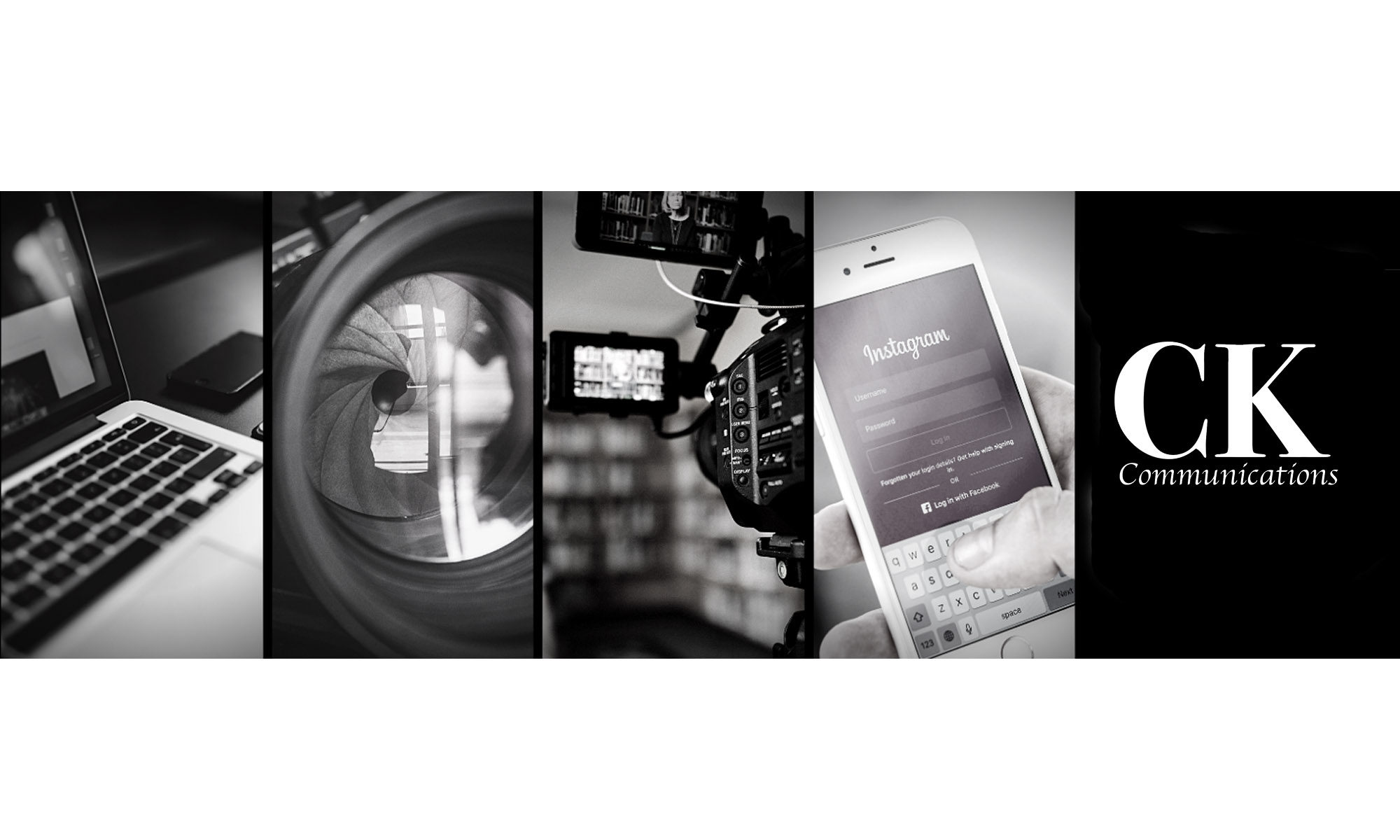In today’s workplace, the line between internal and external communication no longer exists.
Employees are taking their experiences to LinkedIn, TikTok, Glassdoor, and even the media. Whether they’re praising your culture or calling out leadership, one thing is clear: your team is shaping your reputation.
For public relations professionals, this shift turns internal communication into a strategic necessity—not an afterthought.
The Rise of Employee Advocacy—and Dissent
Employees have platforms. They know how to use them. And they’re increasingly vocal about what happens behind closed doors.
Some are sharing positive stories:
- A nurse describing a supportive team culture
- A teacher highlighting growth opportunities
- A technician showing off new training tools
Others are sounding alarms:
- Videos exposing toxic work environments
- Public criticism of leadership decisions
- Leaked emails and screenshots of poor communication
Whether it’s advocacy or dissent, it becomes part of your brand narrative.
Why Internal Communication = External PR
- Internal Culture Is Public Content
Every memo, town hall, or Slack thread has the potential to become public. If your internal messages don’t align with your external image, the disconnect will be exposed. - Employees Are Your Most Trusted Spokespeople
Studies show that people trust regular employees more than executives or CEOs. What your team says carries weight—positively or negatively. - Silence Creates a Vacuum
When leadership doesn’t communicate clearly, consistently, or transparently, employees fill in the gaps—sometimes publicly. - Bad News Travels Fast
Layoffs, policy changes, or internal conflicts can hit social media before your press release goes live. Preparation is critical.
What PR Professionals Can Do
Align Internal and External Messaging
There shouldn’t be a disconnect between what you say to your employees and what you say to the public. Consistency builds trust.
Invest in Internal Communication Strategy
Use the same level of care, tone, and structure for internal comms as you would for press releases or brand campaigns. That includes:
- Town halls and video updates
- Leadership talking points
- Internal FAQs and message maps
Train Leadership to Communicate Effectively
Executives must be visible, approachable, and skilled in communicating with empathy—especially during tough moments.
Encourage Responsible Advocacy
Empower employees to be brand advocates while offering clear guidelines on what’s appropriate to share. Create social media policies that support—not silence—your team.
Respond to Internal Dissent Respectfully
If criticism goes public, resist the urge to go on defense. Acknowledge concerns, clarify facts, and show a commitment to listening and improving.
How CK Communications Can Help
CK Communications works with organizations to align their internal and external communications through:
- Internal communication audits
- Executive communication coaching
- Messaging frameworks for sensitive topics
- Employee engagement campaigns
- Crisis response planning for internal dissent
Your employees are already talking. With the right strategy, they can become your strongest brand ambassadors—not your biggest risk.
Let’s make sure your story starts from the inside out.

